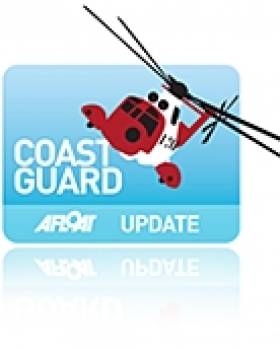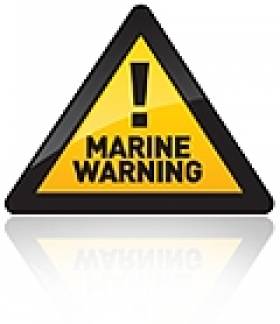Displaying items by tag: 112
#COASTGUARD - The Irish Coast Guard is among the services that can be contacted through a new emergency text scheme for the deaf, hard of hearing and speech impaired, The Irish Times reports.
A pilot for the new www.112.ie service was launched by Minister for Communications Pat Rabbitte yesterday. It enables users who are unable to communicate verbally to send text messages to the Emergency Call Answering Service.
The scheme will run till the end of June, operated by BT Ireland, and will in the words of the minister take "a step closer towards parity of access for all to the emergency services".
Users are required to register online before using the service. They can then send texts to 112 specifying the service needed (whether gardaí, fire brigade, ambulance or coastguard), the problem encountered, the county they are in and their exact location.
The programme has been welcomed by the Irish Deaf Society, which says it finally puts deaf people "on an equal par".
The Irish Times has more on the story HERE.
Coast Guard Advises Caution in Severe Weather
The Irish Coast Guard has advised members of the public to take care in the current severe weather conditions, particularly around the coast and in exposed areas.
Sea Activities
Avoid sea or water-based activities today if possible.
Cliff Walking
There is safety in numbers. Always let someone know when and where you are going, and when you are expected to return. Stay well away from cliff edges, both top and bottom. Don't attempt to rescue people or pets if they fell over a cliff edge. If assistance is needed dial 999 or 112 and ask for the Coast Guard.






























































